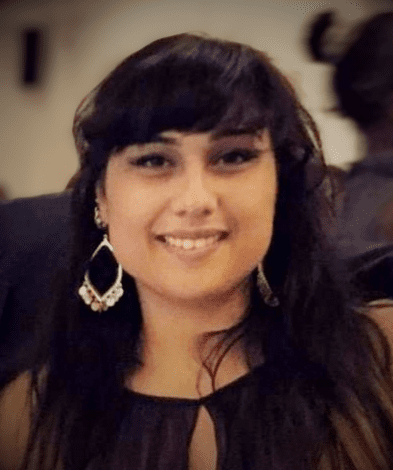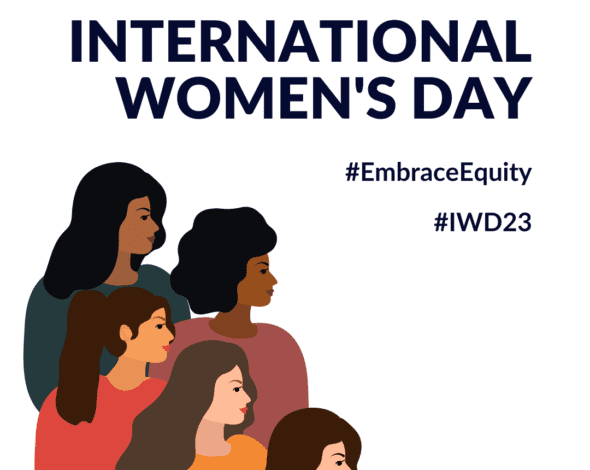In The availability of section 12 doctors for Mental Health Act assessments: interview perceptions and analysis of the national MHA Approvals Register Database, the late Martin Stevens and NIHR Policy Research Unit research team presented two main findings. First, the main problem is the availability of s.12 doctors, rather than overall numbers. Second, better information is needed about Mental Health Act assessments (MHAAs) to determine how many s.12 doctors are needed.
Here, Nick Woodhead explores the problems associated with s.12 doctor availability as well as the wider system issues perpetuating these problems.
 The problem of s.12 doctor availability
The problem of s.12 doctor availability
Comparing the s.12 doctor and approved mental health professional (AMHP) positions is a useful place to start when considering the problem of s.12 doctor availability. Originally, the Mental Health Act 1983 (MHA) stipulated in s.114 that local authorities must appoint a sufficient number of approved social workers, the role later replaced by AMHPs, to “discharge the functions conferred on them by this Act.” In 2007, this requirement was removed from the MHA and added to the Code of practice: Mental Health Act 1983,(Code of practice) (para 14.35) where it remains. While the definition of sufficient numbers is open to interpretation, the line of accountability for AMHPs is clear; AMHPs act independently but work on behalf of their local authority at all times and local authority approval and reapproval processes ensure the competence of the AMHP workforce.
The situation for s.12 doctors involved in MHAAs is ambiguous, and the structural differences between AMHPs and s.12 doctors in terms of employment, accountability and approval, can make it difficult for AMHPs to secure s.12 doctors for MHAAs. Similarly, there is no legislative requirement for any organisation to ensure a sufficient number of available s.12 doctors. The Code of practice (para 15.9) says that Clinical Commissioning Groups (CCGs) should ensure that a second doctor is available, and that the regional s.12 approval panels should “take active steps to encourage doctors (…) to apply for approval, and ensure that the up-to-date list of approved doctors and details of their availability are available.” (para 14.112) But neither CCGs nor approval panels employ s.12 doctors or manage their work.
Section 12 work attracts a fee, paid by CCGs, which may incentivise some doctors to make themselves available for MHAAs outside their contracted work, in some cases making it difficult for AMHPs to find doctors during office hours. Furthermore, s.12 doctors are extremely busy and must prioritise; if they have a clinic full of people, they cannot attend an urgent MHAA. Consequently, MHAAs frequently happen out of hours, despite the request for an assessment arriving earlier in the day. This can leave vulnerable people waiting for considerable periods of time for an assessment. To counter this, some areas allow doctors to timeshift, an arrangement which enables them to do fee paying work during office hours.
Additionally, a doctor’s s.12 approval status is not owned by their employer, which allows doctors to act independently elsewhere. Employers commonly do not include MHAA work requirements in job descriptions, do not coordinate a s.12 rota, or if one exists, it does not provide for a second doctor, and do not provide out of hours cover. There is no commissioning requirement for organisations to address these problems. Newly qualified s.12 doctors hoping to put their training into practice may struggle where MHAAs are not a part of their job description. Nevertheless, some areas have put MHAA provision in place, perhaps where local leaders have an interest in this area of practice, or a good relationship with their local AMHP service.
System challenges
The situation experienced by doctors is an expression of wider systemic issues; MHAAs are an incredibly important process, which happen with highly vulnerable people and yet, it is an unregulated activity.
There is no external body responsible for checking MHAA policies, procedures or management. The Care Quality Commission (CQC) has a remit to see people who have been detained under the MHA, but otherwise has no direct remit to inspect or regulate AMHP or s.12 doctor provision and practice. CQC undertook a scoping exercise in 2014 to explore how it could inspect AMHP services, but this has not yet produced any changes. Ofsted regulates local authorities but only children’s services; Ofsted does not inspect AMHP provision.
This is a problem because external appraisal injects fresh thinking and holds organisations to account. Without this influence, problems tend to embed slowly, professionals adapt over time and the status quo is maintained. It is difficult for even the most determined mental health professional to create change without structural governance or consequences when things do go wrong; people can only be as good as the system they work within.
Recognising success
While looking at the systemic problems, it is critical to acknowledge quite how much of the MHA system runs on the good will, care and kindness of AMHPs, doctors and other professionals. Throughout my career I have seen pockets of brilliance from amazing people doing amazing things despite the system’s challenges. Imagine what could be achieved for the most vulnerable people in our society if our system was fit for purpose.
The S12 Solutions team is trying to create change. Giving AMHPs access to a broader network of doctors helps counter the fragility of the system whereby AMHPs are reliant on a small number of known doctors. Services can communicate rotas and doctors can add periods of availability to the platform without worrying they will be obligated to be available all the time. Our data is supporting workforce planning and our claim processes facilitate standardisation and transparency in the claims process; in some cases this has led to fee payment parity across regional borders.
A robust solution to these issues requires legislative change, with clear responsibility for the provision of the professional roles required within the MHA, and clear lines of accountability to an independent inspection body. The MHA is currently under review, and we wait to see if these issues make it into any new or amended Act.
Questions or comments?
Get in touch with our team: Contact S12 Solutions
Author
Nick Woodhead
Nick’s social work career began with a local authority mental health team before he became an Approved Social Worker. From there, Nick moved to AMHP management and spent three years as a Mental Health Act Commissioner with the CQC. Subsequent roles involved oversight of the MHA, Mental Capacity Act and MHA administration team within a Trust. In 2019, Nick consulted on the development of S12 Solutions’ Electronic Statutory MHA Form feature as part of its national working group, before he joined the team permanently as a Delivery & Account Manager in 2021.
Photo by Total Shape on Unsplash








